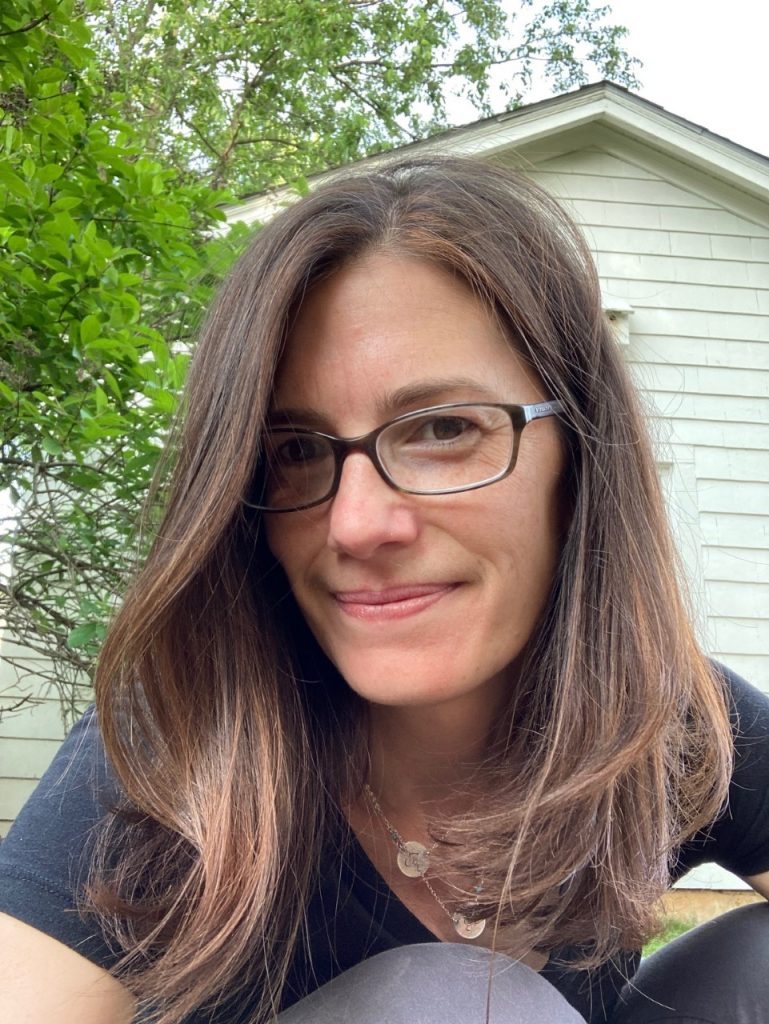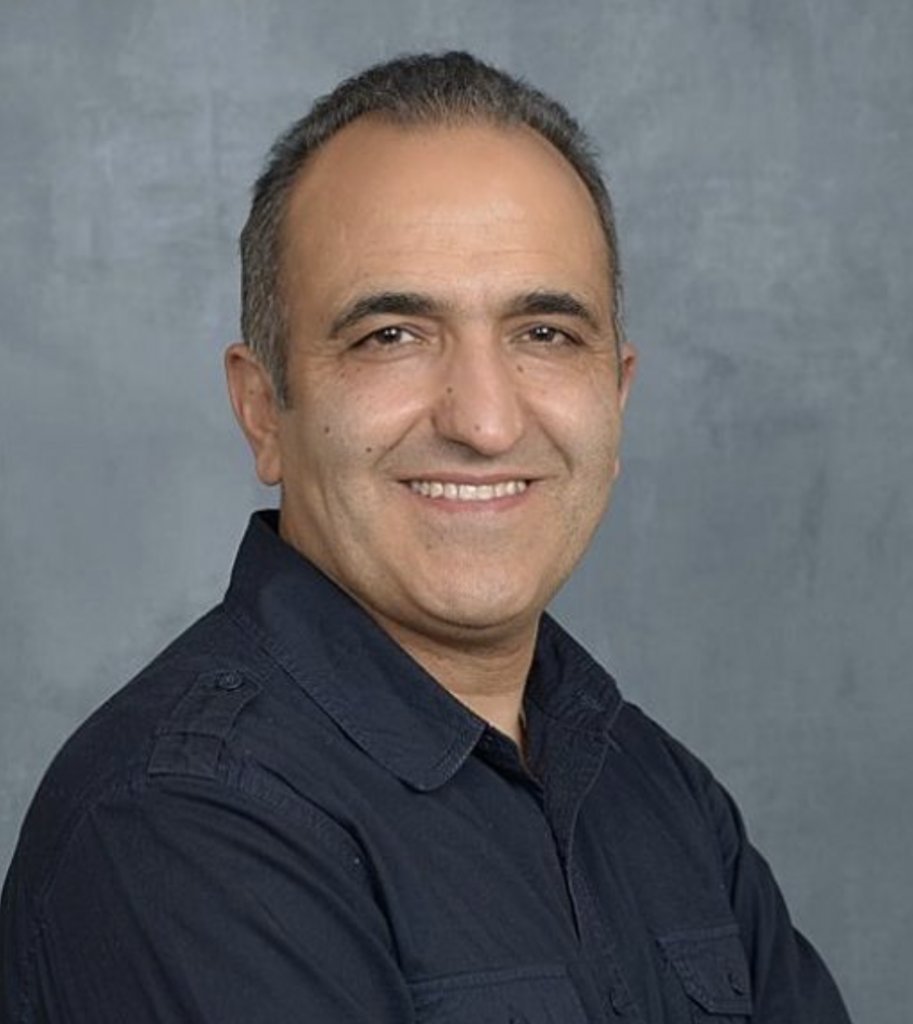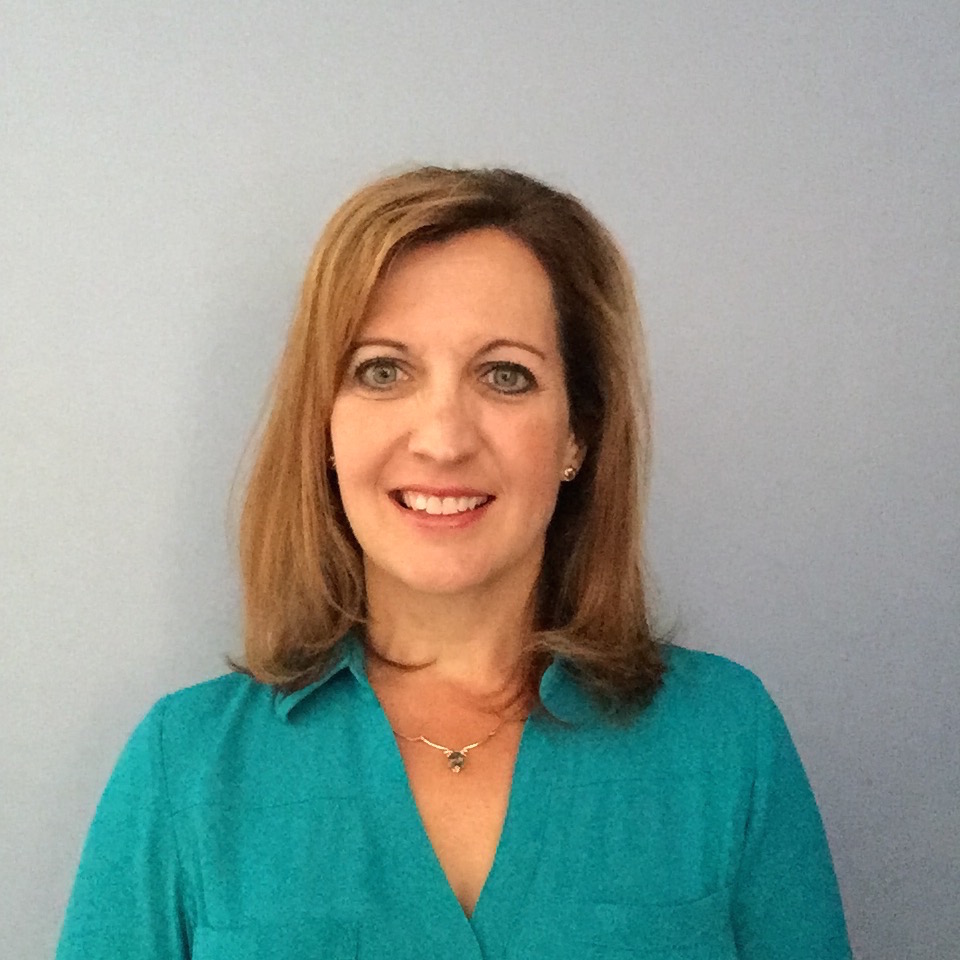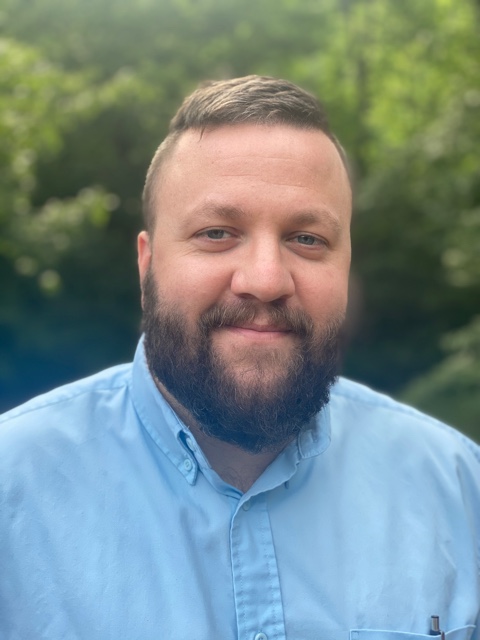
As a community-counseling psychologist, I am dedicated to transforming my pedagogy to be consistent with my student-focused, social change, and community-engaged pedagogical approach. As part of this fellowship, I plan to apply a participatory action research (PAR) approach to create a connected (undergraduate-graduate) course design in which materials and resources are shared. This design allows for student to be engaged, active learners and can shift students’ understanding of how to approach change and empower them to recognize their expertise and skills in being able to enact that change. The open pedagogy approach will support the design and delivery of these courses, increase the impact of the courses on both undergraduate and graduate students and faculty, and enhance the direct applications of coursework to professional skills.
Dr. Melissa Whitson, Psychology

Teaching and working with students have always been among my greatest passions and have been an important part of my life. Teaching provides me with the opportunities to develop new educational materials and techniques that facilitate further learning and thinking skills. As we continue to encourage our students to learn the subjects using traditional books and materials, I think we should also provide them with better and broader window of latest open and freely available educational resources as well. I believe Open Educational Resources would not only help students in terms of textbook costs but also allow them to use various resources.
Dr. Alireza G. Senejani, Biology

The dental hygiene clinic at the University of New Haven, having 18-dental chairs in use 5 days per week, could serve as a role model for the use of more eco-friendly dental products and practices for other clinics and dental offices, both large and small. Three dental hygiene students and I will work together to incorporate eco-friendly practices into our dental hygiene clinic, while surveying the patients, faculty and students about the changes. We plan to publish our methods and results as an open educational resource, perhaps a booklet, website, or both. This project would not only impact the students who are directly participating in creating it, but all students, faculty and patients who utilize our clinic. Furthermore, through OER, our results may inspire others on campus and beyond to rethink their spaces to be more environmentally friendly, in addition to realizing the benefits of OER.
Dr. Marie Paulis, Dental Hygiene

While I am a sociologist by training, my heart has always been in interdisciplinary teaching and collaboration. And this is why I am excited about being a part of the Open Pedagogy program. We get to have this space to share ideas, learn new strategies, and develop our skills all towards making our classes more impactful for our students. Plus, any chance I get to nerd out about teaching with my colleagues is always a win for me. I am especially excited to brainstorm ways in which I can bring my students into the creative process of teaching. I hope to build something for the critical thinking class that is public, featuring authorship from across students, faculty, and staff, dynamic throughout the semesters, and usable by folks teaching or taking a broad range of courses.
Dr. Patrick McGrady, Sociology

As an Open Pedagogy Fellow, I seek to leverage my prior innovative and collaborative course construction experiences along with my interdisciplinary approach to subject matter content in the development of Open Education Resources based upon real-world facts and circumstances as well as applicable technology that fosters student engagement. I also hope to engage students and colleagues in the development and maintenance of such resources.
Dr. Brian A. Marks, Economics & Business Analytics

My approach to pedagogy has always incorporated an open, flexible model that allows consistent collaboration with my students and ongoing development based on my research, practice, and the shifting needs of the classroom. The OER initiative builds on this by foregrounding the process, allowing students not only to collaborate in a single classroom, but across classrooms and disciplines in multimodal creation. Within writing classrooms, I’d like to see how this can build increased agency, as well as connections between other disciplines in the creation of transferable projects. Further, my background in neuroscience provides empirical evidence supporting the efficacy of initiatives like OER. I believe participation in this initiative will allow biological correlates of humanities scholarship and practice to be shared with a larger audience, and that it will aid in building collaborative structures that define a holistic university experience.
Dr. Ryan Crawford, English

I designed my course “Representations of ‘the Criminal’” so that students in a variety of majors, particularly those in the Henry C. Lee College of Criminal Justice and Forensic Science, could experience how the humanities might compliment and deepen an understanding of their future careers. In this course, students worked in groups to teach the class for two weeks at the end of the semester. They chose the themes for the day, the readings, and they led class discussions and activities. Through the Open Pedagogy Fellowship, I will refine this activity with guidance from colleagues and students, incorporate more opportunities for student choice, and experiment more extensively with open educational resources.
Dr. Lauren Boasso, English